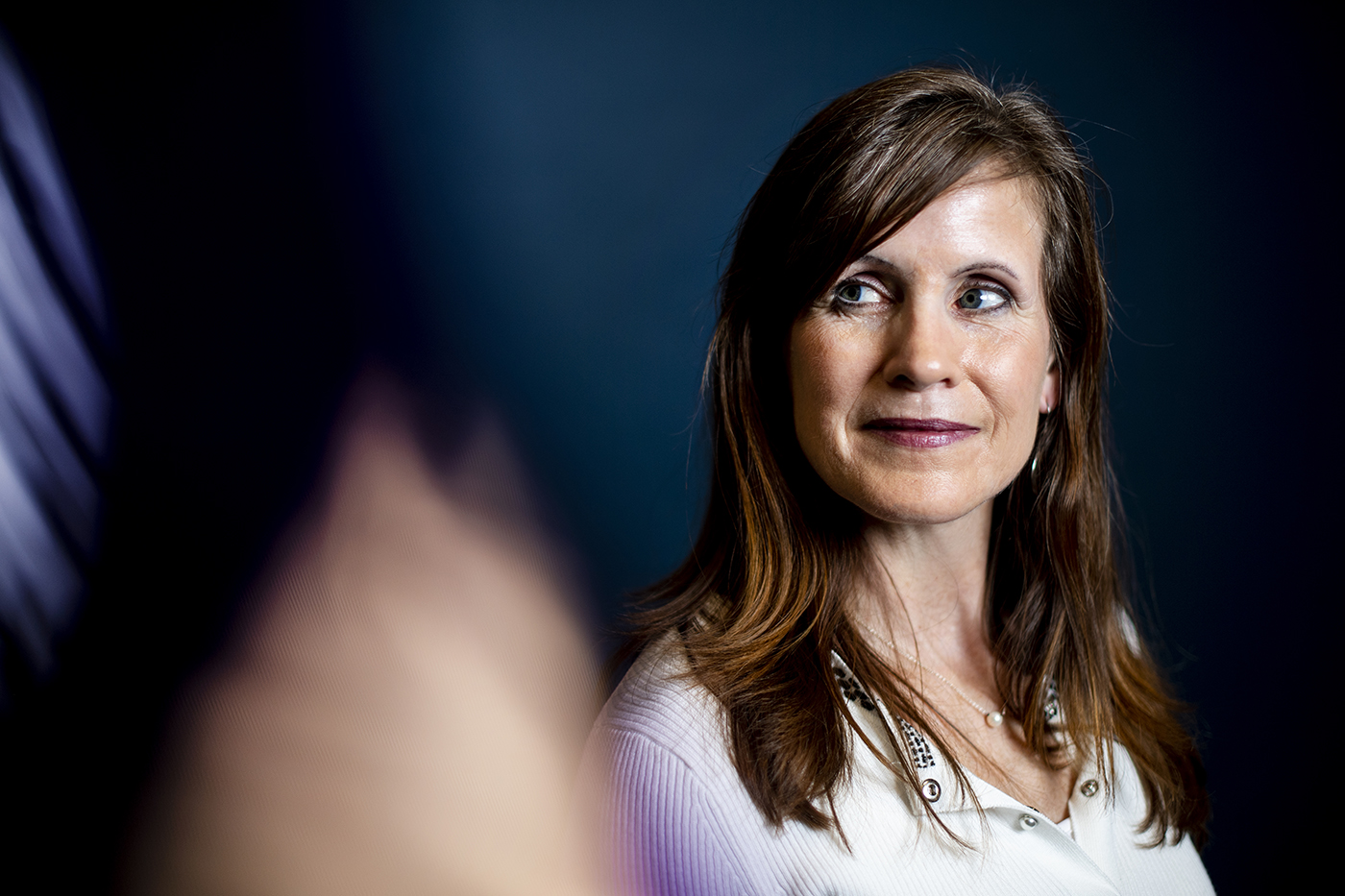Why are women underrepresented in economics? A toxic seminar culture could be partially to blame

When Alicia Sasser Modestino was in graduate school for economics, she gave a seminar as part of a university job interview. A well-known labor economist in the audience ripped her research to shreds, she says.
“Some of his criticisms were valid, others maybe not so much, but it was the relentless way he did it where after that seminar, I decided I didn’t want the job,” says Modestino, an economist and associate professor at Northeastern. “Not to say that one seminar derailed my whole career, but it was definitely influential. It had an impact on me.” She decided at that point not to pursue the job in academia and went on to become a senior economist at the Federal Reserve Bank of Boston instead.

Alicia Sasser Modestino is an associate professor of public policy and urban affairs, and economics, as well as the associate director of the Dukakis Center for Urban and Regional Policy. Photo by Ruby Wallau/Northeastern University
Women are highly underrepresented in economics, making up only about 30 percent of doctoral students—and that share has not grown at all over the past two decades, Modestino says. Previous research has shown that women in the field are less likely to get tenure and less likely to get published in academic journals. Why do these pervasive disparities exist? The culture of economics—and specifically seminars—could be partially to blame.
In a study published recently by the National Bureau of Economic Research, Modestino and her colleagues found that women were asked 12 percent more questions than men during seminars, and those questions were more likely to be hostile or patronizing.
To gather this data, Modestino and her co-authors enlisted the help of 97 graduate students who attended 463 economics seminars at institutions across the United States. The students were instructed to “code” the number of questions asked, the duration of time spent on questions, as well as the gender and seniority of the asker. They were also asked to note the tone of the question asked, if the question had a tone at all, as one or more of the following: supportive, patronizing, disruptive, demeaning, or hostile.
Not only did women receive more questions overall, they received more hostile questions. A hostile question is considered unnecessarily antagonistic, aggressive, confrontational, or combative.
“Less than 10 percent of questions in our data were coded as hostile, and yet there was still a gender disparity against women, which is really disturbing,” Modestino says.
One might think that having rules in place, such as no questions in the first 10 minutes, would help moderate the discussion. However, Modestino and her co-authors found that in seminars given at the National Bureau of Economic Research, audience members violate the rules more when there is a female speaker.
What are the consequences of this toxic culture in economics seminars? Modestino worries it will cause more and more women to choose alternate career paths, as she did as a graduate student.
“We’re losing women out of the academy, we’re losing the ideas that women bring to the table, and the lens they bring to a whole variety of issues,” she says.
The hostility directed toward women in economics extends even to the research itself. Of the 97 graduate students who coded seminar questions for the study, about half opted not to receive co-authorship credit, for fear of retribution or retaliation at their institution.
“I think that speaks volumes that this is a huge problem, that these people feel their future prospects are in such jeopardy, just because they were a part of this research,” Modestino says.
For women determined to become economists, Modestino advises finding a strong mentor. “Mentors can protect you in a variety of ways,” she says, such as ensuring mentees are treated fairly during seminars, giving good career advice, and helping mentees make valuable connections. And for those already working in the field, Modestino encourages self-reflection.
“My co-author confessed that he was really obnoxious at seminars when he was younger. He has matured since then, but this research has made him think more about what this behavior looks like,” Modestino says. “We all could be better versions of ourselves when it comes to this.”





